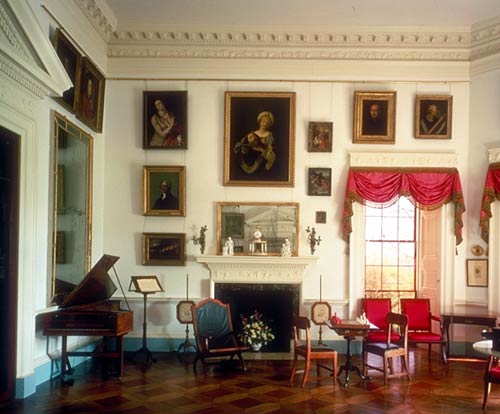Democratic Government: Montesquieu
BOOK XI., CHAP. IV.
DEMOCRATIC and aristocratic states are not in their own nature free. Political liberty is to be found only in moderate governments; and even in these it is not always found. It is there only when there is no abuse of power: but constant experience shews us that every man invested with power is apt to abuse it, and to carry his authority as far as it will go. Is it not strange, though true, to say, that virtue itself has need of limits?
To prevent this abuse, it is necessary, from the very nature of things, power should be a check to power. A government may be so constituted, as no man shall be compelled to do things to which the law does not oblige him, nor forced to abstain from things which the law permits.
CHAP. VI.
IN every government there are three sorts of power: the legislative; the executive in respect to things dependent on the law of nations; and the executive in regard to matters that depend on the civil law………
When the legislative and executive powers are united in the same person, or in the same body of magistrates, there can be no liberty; because apprehensions may arise, lest the same monarch or senate should enact tyrannical laws, to execute them in a tyrannical manner.
Again, there is no liberty if the judiciary power be not separated from the legislative and executive. Were it joined with the legislative, the life and liberty of the subject would be exposed to arbitrary controul; for the judge would be then the legislator. Were it joined to the executive power, the judge might behave with violence and oppression.
One thing which Montesquieu may not have considered is the effect of political parties in this system. Where one political party gains the advantage in all three branches of government, the separation of powers is nullified. There is no check to abuse. We have seen this recently in the USA, where the Republican Party came to dominate the Presidency, the Congress and the Supreme Court. Their dominance of all three branches of government allowed them to enact laws to their advantage, implement laws to their advantage, and have those laws upheld in courts to their advantage. And thus they accomplished much mischief, to their advantage.




1 Comments:
Interesting to know.
Post a Comment
<< Home